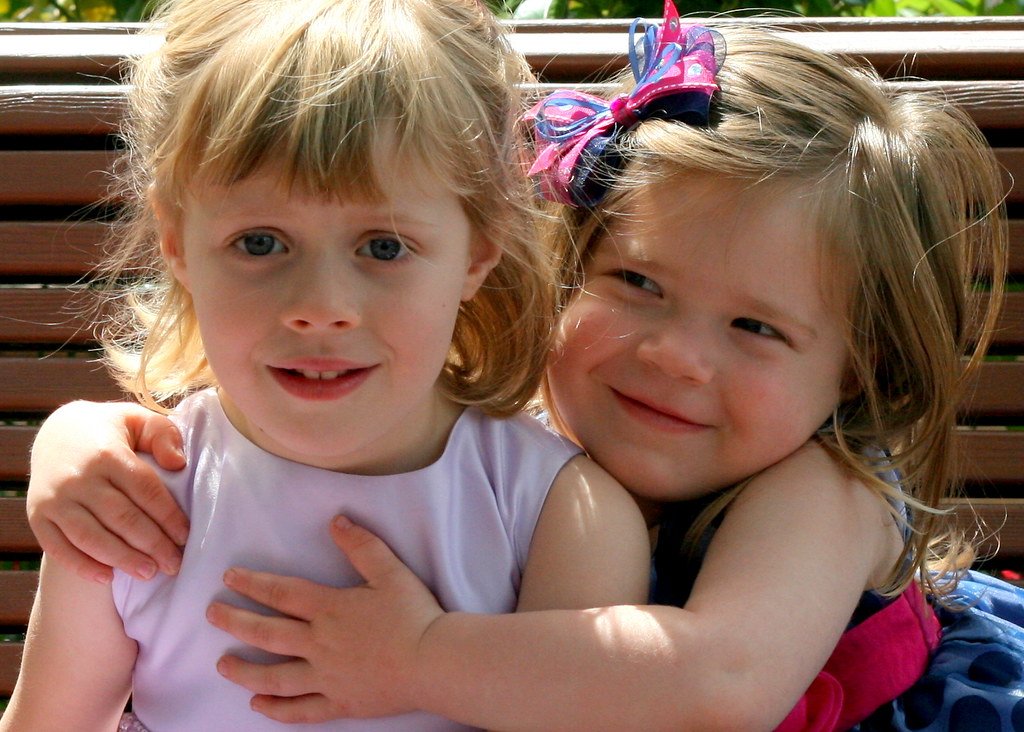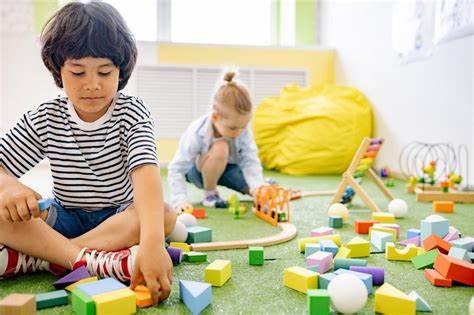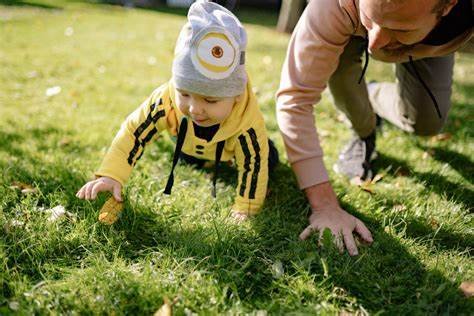Your baby’s first year is a time of incredible growth and discovery. Every month brings exciting and developmental progress. Understanding what to expect can help you navigate this special period with confidence. Let’s explore the key milestones and developmental stages in your baby’s first year.
1. The First Three Months: Building the Basics
In the first three months, your baby adapts to life outside the womb. They begin recognizing your voice and face, fostering bonding. Reflexive movements, such as grasping your finger, are common at this stage.
Key Milestones:
- Developing stronger neck muscles for head control.
- Responding to sounds by turning their head.
- Smiling socially by two months.
Encourage your baby’s development through gentle tummy time and talking to them often.
2. Months Four to Six: Exploring the World
During months four to six, your baby becomes more interactive and curious. They start to explore their surroundings using their hands and mouth. This period marks significant growth in motor and sensory skills.
Key Milestones:
- Reaching for and grabbing objects.
- Rolling over from tummy to back.
- Recognizing familiar faces and showing excitement.
Introduce age-appropriate toys to stimulate their senses and encourage movement.
3. Months Seven to Nine: Developing Mobility
From seven to nine months, your baby’s mobility increases. They may begin to crawl, scoot, or shuffle. Language skills also start to emerge during this period.
Key Milestones:
- Sitting up without support.
- Babbling and imitating sounds.
- Exploring objects with curiosity, like banging or shaking them.
Create a safe space for exploration and play. Use toys that encourage crawling and fine motor skill development.
4. Months Ten to Twelve: Gaining Independence
By the time your baby reaches ten months, they become increasingly independent. Their personality starts to shine, and they express preferences. This stage also marks the transition to more complex movements.
Key Milestones:
- Pulling up to stand and cruising along furniture.
- Saying their first words like “mama” or “dada.”
- Showing interest in feeding themselves.
Encourage their confidence by providing support for walking and celebrating their achievements.
5. Understanding Emotional Development
Emotional development is a vital part of your baby’s first year. They form strong attachments and seek comfort from caregivers. By nine months, separation anxiety may appear as they realize you can leave their sight.
Key Tips:
- Offer reassurance through physical touch and soothing words.
- Maintain a predictable routine to provide stability.
Responding to their needs fosters trust and emotional security.
6. The Importance of Nutrition
Proper nutrition supports your baby’s rapid growth. Breast milk or formula provides essential nutrients in the first six months. As they approach six months, you can begin introducing solids.
Offer a variety of pureed fruits, vegetables, and grains to expand their palate. Always consult your pediatrician for guidance on introducing new foods.

7. Promoting Cognitive Development
Cognitive development flourishes in the first year. Babies learn through observation, repetition, and interaction. Simple games like peekaboo, reading books, and naming objects stimulate their brain development.
Provide toys that encourage problem-solving, such as stacking blocks or puzzles. Remember, your engagement is the best tool for fostering their cognitive growth.
Conclusion
Your baby’s first year is filled with memorable milestones and growth. Every moment, from their first smile to their first steps, is a testament to their development. While each baby progresses at their own pace, understanding these general milestones helps you support their journey.
Celebrate their achievements, provide a nurturing environment, and cherish this remarkable time in your baby’s life.










